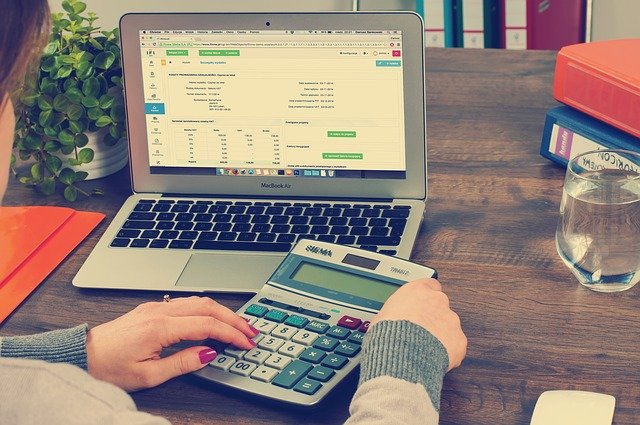How do you recognize a defaulter?
Changes in payment behaviour
A frequent alarm signal: outstanding invoices are paid later and later. Have you received a request for a deferral of payment? You can agree to that, subject to strict arrangements. But if late payment gradually becomes a regular pattern, this can result in defaulting.
The excuses pile up
‘Our accountant is on holiday’, We are having technical problems with the system’, ‘There was a mistake with the delivery’ or even suddenly ‘We are not satisfied with what you have delivered’. Excuse after excuse not to pay your invoices or to pay late should set alarm bells ringing.
Your customer is suddenly difficult to reach
Unanswered emails. Phone calls are not taken. Voicemail after voicemail. Texts with no response. If a customer does not contact you after repeated attempts, you have figured out how things stand.
The management is not very stable
Is your customer’s management linked to companies with a poor record as regards payments or bankruptcies? With smaller companies especially, the past is often a good indicator for the future. Paying extra attention can never hurt.
There are many changes at your customer’s
Are there frequent changes in management or at the head office? Has the current financial year been extended without a well-founded explanation? Did the company not file its annual financial statements on time? If yes, it’s best to stay alert.
Your customer has fewer and fewer customers
Does your customer depend on fewer and fewer customers? A problem with one of these buyers can disrupt the balance of the entire chain. So always keep your eye on the big picture.
How do you deal with defaulters?
Unpaid invoices are the biggest threat to SMEs. Especially when large amounts are involved. Annual profits can go up in smoke. Or worse: your company will find it hard to meet its own obligations. No matter how kind the customer, there's nothing wrong with handling invoicing and debt collection professionally. It gives you a solid, reliable image and, above all, it gets your money back more quickly.
This is achieved through rigorous debtor management and vigilance. Debtor management requires a specific approach, especially when it comes to defaulters. A defaulter must be given special attention. Ultimately, this will ensure that your defaulters also start paying their bills faster and, hopefully, on time.
5 tips for dealing with defaulters:
-
Use an alarm system
-
Send a reminder
-
Contact your customer
-
Work with a collection agency
Alarm systems are digital tools that allow you to track your incoming and outgoing invoices. Do not use this reminder system for when it is too late: set an alert a few days before the due date.
The same goes for your communication towards customers: there is no need to wait until the deadline has expired. On the contrary, a reminder just before the due date is more sympathetic than a first formal notice after the due date. Moreover, this increases your chances of being paid.
If no payment is forthcoming, you should react as quickly as possible. Contact your customer and try to agree on a solution. To maintain a good commercial relationship with your customer, an amicable settlement is often the way to go.
If the water between you and your customer has become too deep, work with a professional debt collection agency. A debt collection agency makes an objective assessment and has plenty of experience with difficult negotiations.
→ Subscribe an insurance
How to avoid defaulters?
For all sorts of reasons, a customer may be in trouble without you even realizing it. Suddenly, you find yourself with an unpaid bill. The blow is hard.
Do you want to avoid this? Start by gathering the right information about your customers. That's a lot of work. Perhaps you'd be better off devoting your time to your core business and leaving the checking to us. We monitor over 289 million businesses worldwide. Our customer checks are thorough and reliable. We're now offering you the chance to try it out for free.
No more worries about defaulters with a trade credit insurance

Information about debtors

International collection













